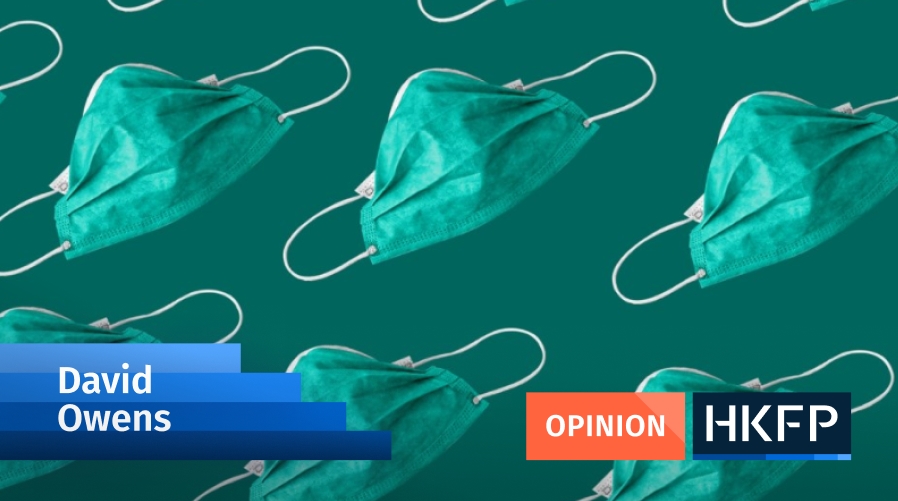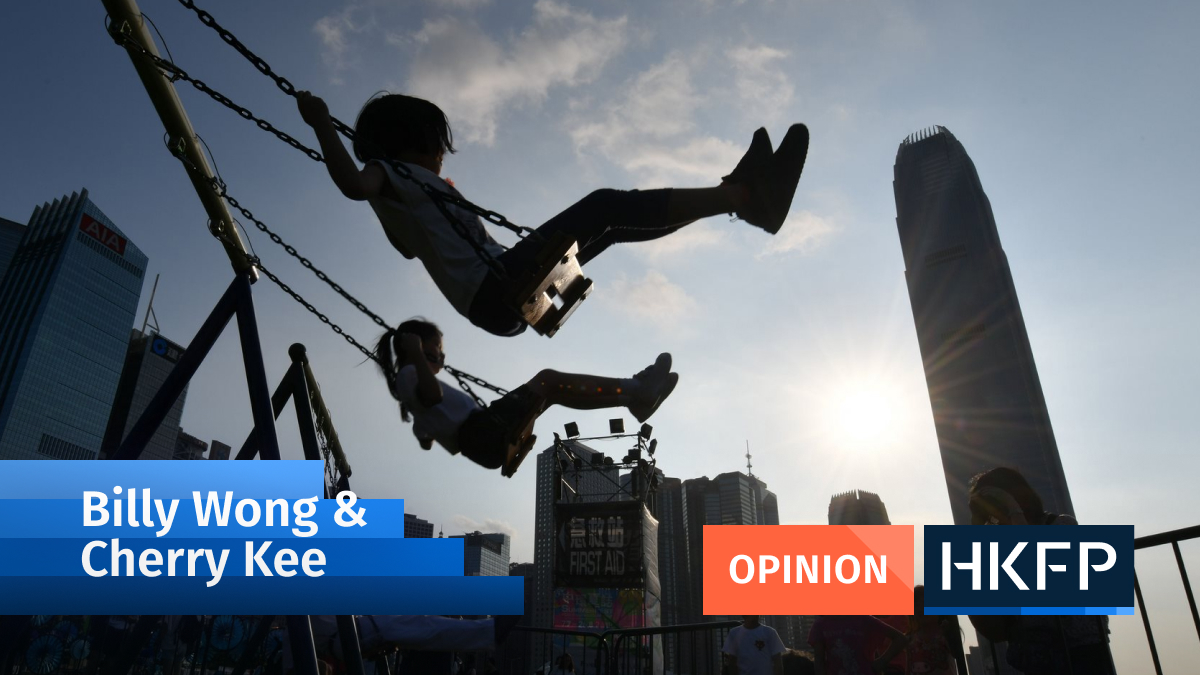When I arrived in Hong Kong some 35 years ago, what impressed me most after I sped through immigration at the old Kai Tak airport was the sight of a great many school students sitting in the Arrivals Hall hunched over their homework.
I later discovered that they were escaping their cramped homes and taking advantage of the free air conditioning. It seemed amazing to me that they could concentrate in the midst of a busy terminus, but it was clear that they were simply determined to get on with their work regardless.
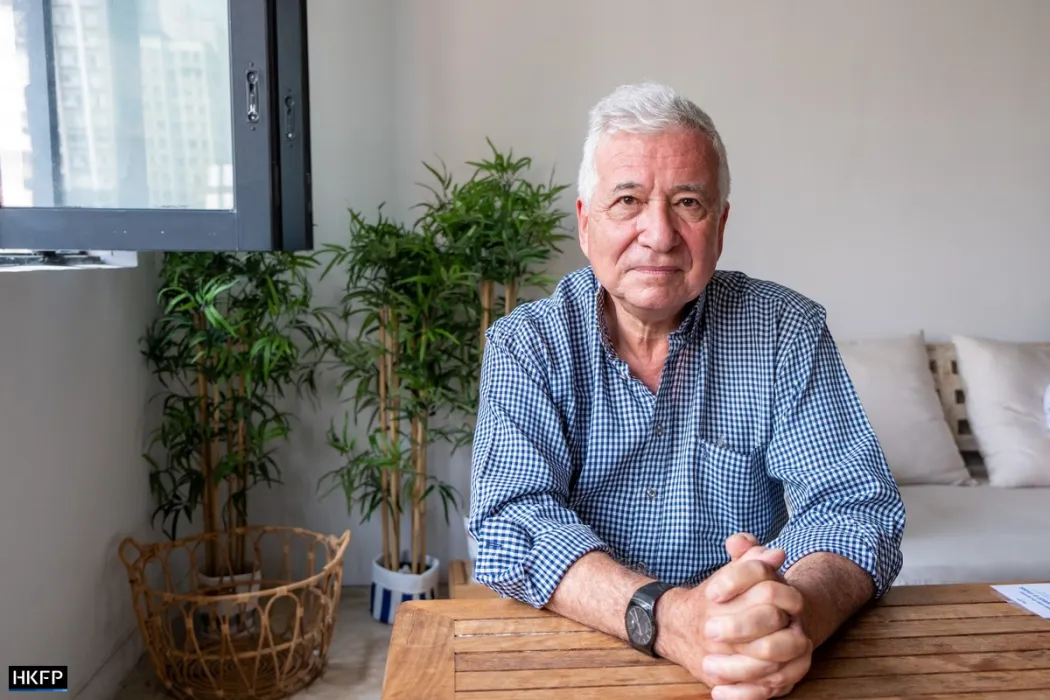
It was my first taste of the incredible Hong Kong spirit and determination to overcome adversity. Many more tastes were to come.
On the heart-wrenching day when I left, I went to the new airport, a shiny, hi-tech monument to efficiency which tells the world how modern Hong Kong has become. Out of sentiment I decided to skip the convenience of taking the train to the distant departure gate and choose to walk the length of the concourse. All the shops were shuttered, very few people were to be seen (aside from the large crowds around the check-in counters for flights to London) and the place had a ghostly feeling of sterility.
It looked very much like a metaphor for what Hong Kong is becoming – the structures remain, but they are shorn of the life and character which made this place so very special.
Killing the spirit of Hong Kong was never going to be easy but the Chinese Communist Party has set about this task with a vigour and determination that is quite breathtaking.
I never imagined I would be taking this lonely walk, clutching a one-way ticket out of Hong Kong, because I love this place with a passion and am grateful for all the opportunities it has provided.
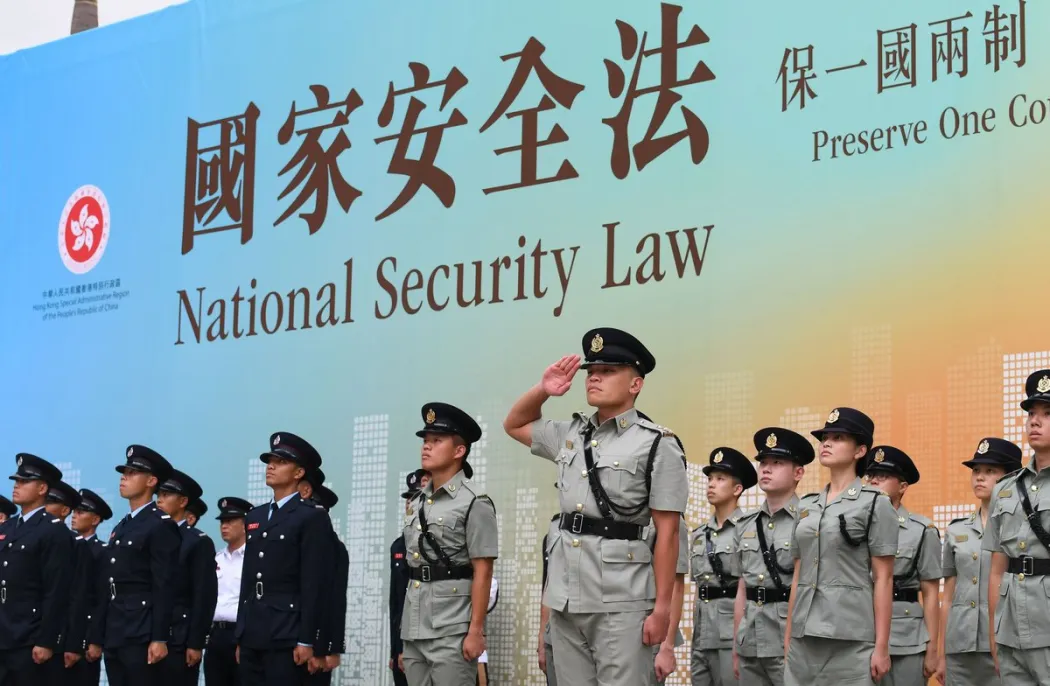
It seemed that however bad things became, the people would always be able to bounce back and the institutions created to provide Hong Kong with a greater degree of liberty than anywhere else in China would be strong enough to withstand attack.
Even after the National Security Law came into force a year ago, it still seemed possible that there would be enough space to cling on to the tattered remnants of the one country, two systems concept.
There is now little doubt that these assumptions are, at best, flawed. There is a real fear of the knock on the door in the early hours of the morning by National Security police. The almost daily arrests confirm that this is so. The idea that the rule of law has not been undermined is hard to sustain following the introduction of a slew of new legislation clearly signalling that Hong Kong citizens can no longer look to the law to protect them from injustice. I could go on, but the litany of body blows to liberty is sufficiently well known.
Perhaps most unsettling, and deliberately so, is the uncertainty that hovers over anyone engaged in literally any kind of public activity. No one knows quite what is allowed and what is forbidden. Surely the speech therapists writing children’s books featuring sheep did not expect to be charged with subversion, nor did candidates running for election expect to be thrown in jail.
All authoritarian states thrive in an atmosphere of fear and uncertainty – citizens are cowed because they are far from certain which latest thing has crossed a never-spelled-out red line.
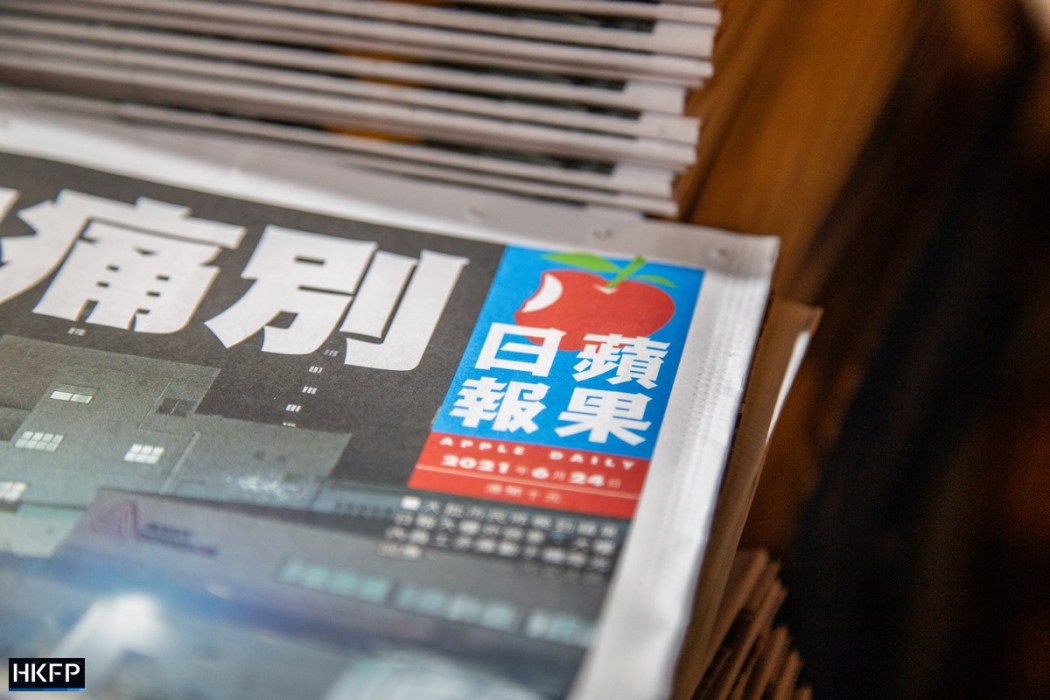
Having been a columnist for the deceased Apple Daily, the host of a now deceased current affairs television programme produced by Radio Television Hong Kong, and the author of a book about Hong Kong which mainstream booksellers refuse to sell on grounds that it might be banned, I cannot say that I was sanguine about my prospects. Bleating about how much I love Hong Kong was certainly not going to save me from a bevy of policemen bursting through my front door in the early hours of the morning.
On the contrary, loving Hong Kong has become a suspect activity. The Quislings now running Hong Kong and their mini-me supporters revel in their disdain for everything that makes this place distinctive. Most of all they hate the people, the millions who poured onto the streets calling for democracy and even those who chose to stay at home but cherished all the things that made Hong Kong so distinctive. They even hate the Cantonese language and the free-wheeling culture. While they proclaim an intention to retain this place as an international centre, they dabble in a crippling form of xenophobia.
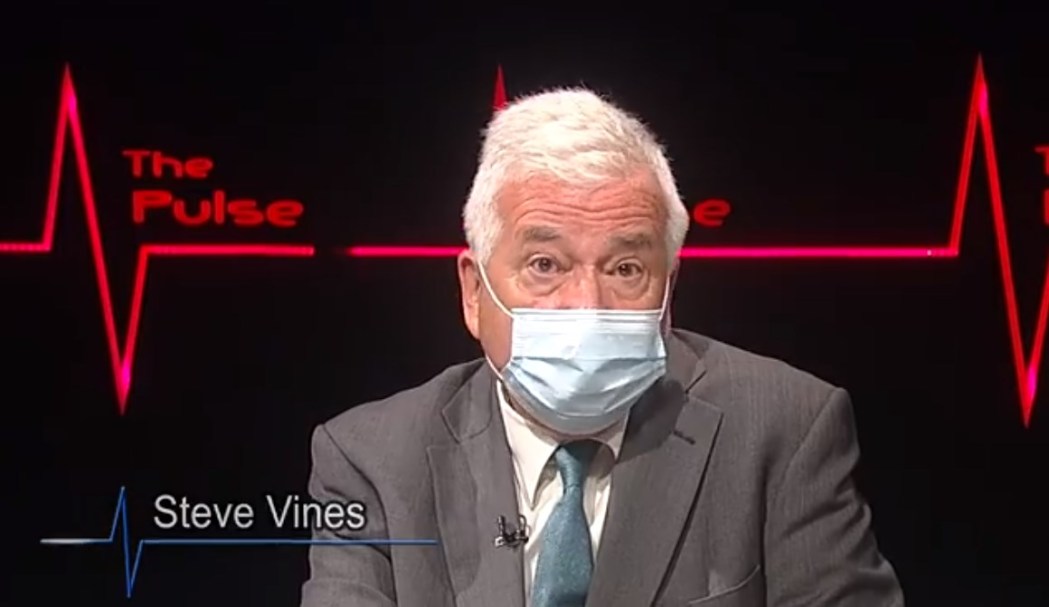
Since news of my departure has been publicised, I have frequently been asked whether there was a single breaking point. There was not. Even threats from anonymous sycophants trying to do their bit for the new regime were not enough to tip me over the edge. The reduced space for operating as a journalist was certainly a concern but, again, not sufficient for me to consider leaving.
Even now I cannot pinpoint a specific moment for taking a decision which I had never previously intended to make. It may be argued, not without substance, that this was simply a case of cowardice. But there is nothing simple here. Of course, I feared for my personal safety, of course I worried about being under surveillance, and of course I was suffering from the increasing strain of having to operate against a background of constant uncertainty.
Yet other people – including those considerably more exposed than I have been – have opted not to leave. Some have no choice, while others could go yet have decided to stay.
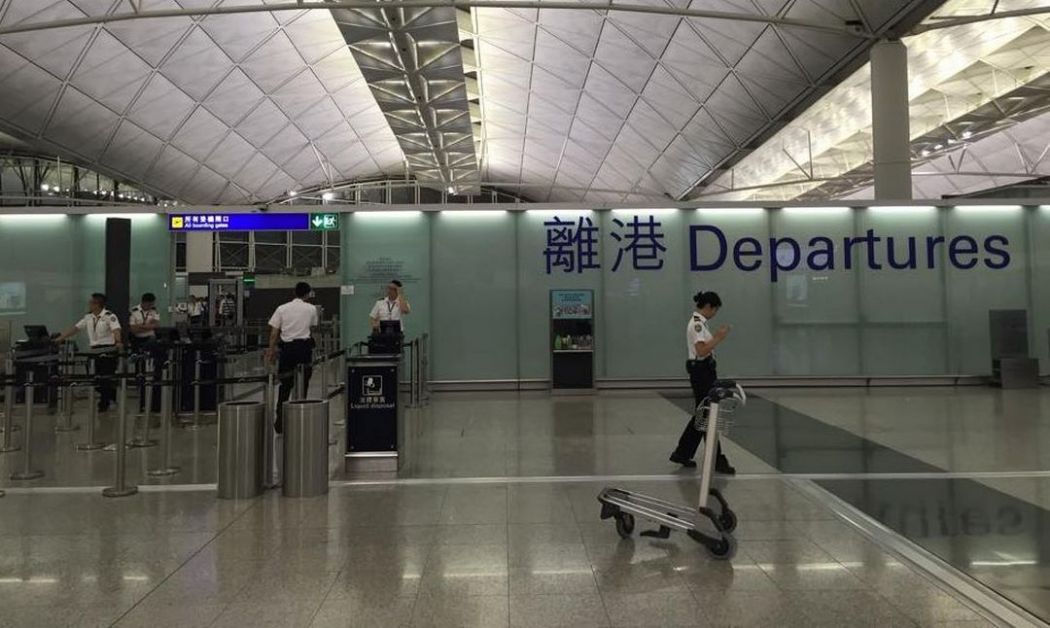
Perhaps the bottom line was that I did not want to reach the stage of only having negative feelings towards Hong Kong. Getting out was far from an alluring prospect but the alternatives seemed to be infinitely worse. And, just in case this turns out to be a wrong decision, I can always rely on the authorities to do what they do to reinforce the reality that this white terror is far from over.
Support HKFP | Policies & Ethics | Error/typo? | Contact Us | Newsletter | Transparency & Annual Report | Apps
| HKFP is an impartial platform & does not necessarily share the views of opinion writers or advertisers. HKFP presents a diversity of views & regularly invites figures across the political spectrum to write for us. Press freedom is guaranteed under the Basic Law, security law, Bill of Rights and Chinese constitution. Opinion pieces aim to point out errors or defects in the government, law or policies, or aim to suggest ideas or alterations via legal means without an intention of hatred, discontent or hostility against the authorities or other communities. |
Help safeguard press freedom & keep HKFP free for all readers by supporting our team

More HKFP OPINION:
HKFP has an impartial stance, transparent funding, and balanced coverage guided by an Ethics Code and Corrections Policy.
Support press freedom & help us surpass 1,000 monthly Patrons: 100% independent, governed by an ethics code & not-for-profit.






